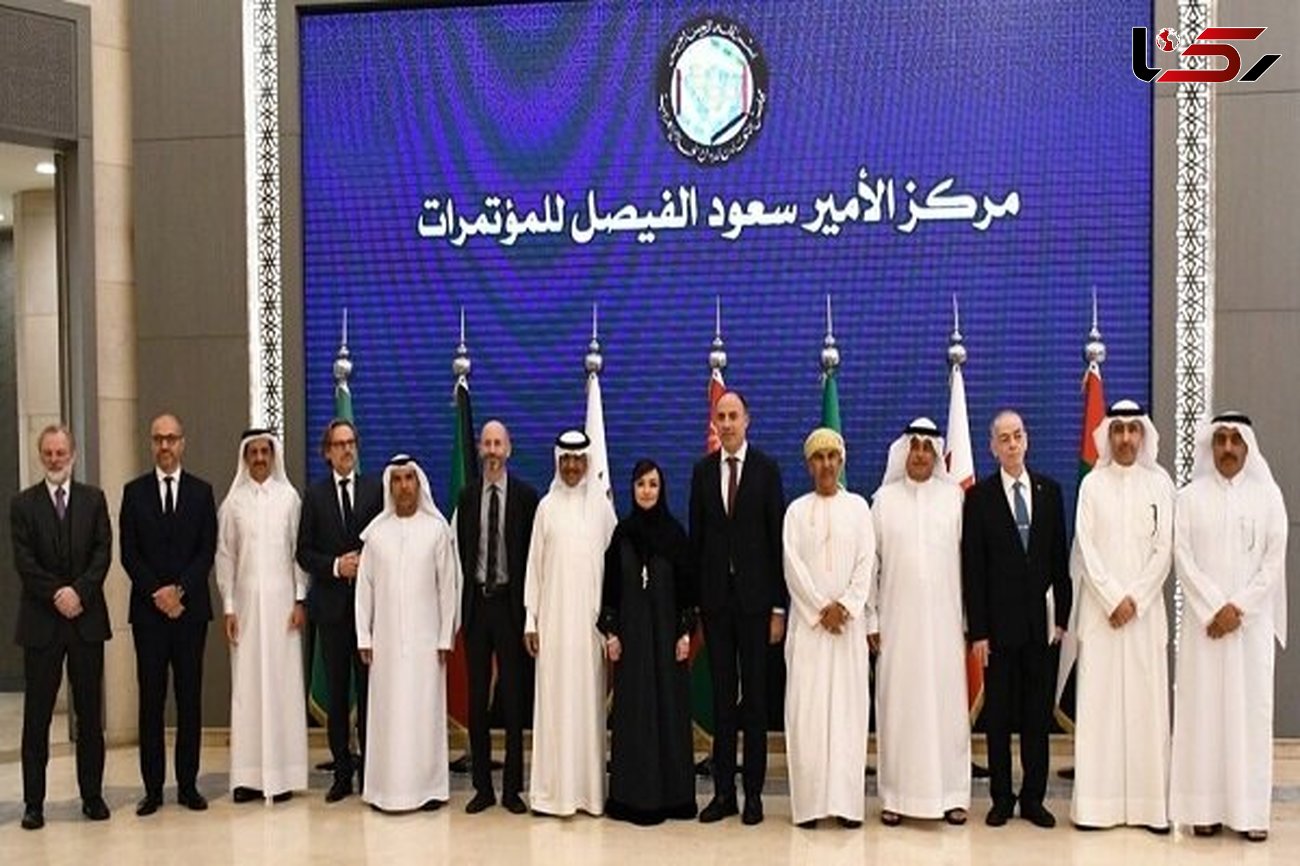Western diplomatic efforts on Iran could backfire
Rokna: The United States and its European allies have made extensive diplomatic efforts to ramp up pressure on Iran ahead of the resumption of the stalled Vienna talks.

But these efforts could well backfire against the West and prompt Iran into drastically changing its calculus in terms of continuing the Vienna talks.
Over the past few days, senior diplomats from the US and Europe have been involved in extensive talks in the Persian Gulf region and elsewhere in a bid to ratchet up diplomatic pressure on Iran despite its declaration on setting a date for the resumption of the Vienna talks that are scheduled to begin on November 29.
On Wednesday, senior American and Arab officials convened a “Working Group” on Iran in Riyadh. The participants accused Iran of pursuing “a range of aggressive and dangerous” policies, called for Iran to “fully cooperate with the International Atomic Energy Agency (IAEA),” and demanded an “urgent mutual return to full compliance with” a 2015 nuclear deal, officially known as the Joint Comprehensive Plan of Action (JCPOA), between Iran and world powers.
A day later, US Special Envoy for Iran Rob Malley held a joint meeting with political directors (PDs) of the E3 (France, Germany, UK), the Persian Gulf Cooperation Council, its member states, Egypt, and Jordan in Riyadh.
Again, the participants used coercive language to browbeat Iran into “quickly reaching and implementing a negotiated solution” to the stalemate over the JCPOA.
Simultaneously, Malley sought to dangle the carrot of regional economic cooperation in a bid to cajole Iran into making more concessions in the Vienna talks. He said an Iranian return to compliance with the JCPOA would result in new economic opportunities and diplomatic ties in the region.
“Met with the E3 political directors and senior officials from Egypt, Jordan, and the GCC to discuss 2 paths open to Iran: continued nuclear escalation & crisis, or mutual return to the JCPOA, creating opportunities for regional economic & diplomatic ties. Time to choose is short,” he said on Twitter.
Even in offering the perceived carrot, Malley refused to expend from his own pocket. Instead, he relied on Persian Gulf petrodollars in alluring Iran into the JCPOA, a strategy that is unlikely to bear fruit given the fact that it’s coupled with harsh rhetoric against Iran’s regional policies.
It’s incompressible to many observers how Malley wants to revive the JCPOA with help from countries that opposed the JCPOA right from the start. But even if he succeeds in obtaining buy-in from Persian Gulf monarchies for his main job, this won’t exonerate the US from blame. At the end of the day, it was the US that reneged on the JCPOA and imposed sanctions on Iran.
But unconstructive rhetoric was not coming only from the US The Europeans also did their part in terms of creating a façade of a united front against Iran.
Senior E3 officials participated in Riyadh’s meetings. Enrique Mora, Deputy Secretary-General of the EU External Action Service, met with hawkish Emirati official Anwar Gargash, who is a diplomatic advisor to the president of the United Arab Emirates.
“Grateful to Dr. @AnwarGargash for an interesting conversation on regional issues and JCPOA perspectives ahead of the 7th round in Vienna. Appreciated well balanced UAE position on key international dossiers,” Mora tweeted.
Gargash, in turn, praised the meeting, tweeting, “A constructive & insightful exchange indeed with the representative of an important & respected friend of the UAE.”
French Foreign Minister Jean-Yves Le Drian told Le Monde newspaper Paris wanted first to establish whether talks would resume where they ended in June, according to Reuters.
“If this discussion is a sham, then we will have to consider the JCPOA empty,” he said.
Also, French Foreign Ministry spokesperson Anne-Claire Legendre called for a tougher message to Iran in the upcoming meeting of the IAEA board of governors in light of the Agency’s recent report on Iran.
Taken together, the American and European positions suggest a lack of Western will to learn a lesson from the circumstances leading to the US withdrawal from the JCPOA and what happened afterwards.
Iran has said that it no longer considers the signature of the US president as credible and, accordingly, it wants guarantees that Washington won’t renege on its commitments again.
Iranian Foreign Ministry spokesman Saeed Khatibzadeh said on Friday that Iran has one condition on the revival of the JCPOA: that the US should effectively and verifiably remove its sanctions on Iran.
“The condition for the return of the United States to the JCPOA is the lifting of sanctions effectively, together and verifiably, and the signature of the president of the United States is not reliable,” he said in remarks to Iran’s state-run media.
But instead of offering Iran assurances that they won’t renege again, American and European officials keep holding anti-Iran meetings to intimidate it.
But this approach will most likely backfire as Iran is not going to bow to Western pressures. Iran has made it clear that it will not be stung twice from the same hole. As they say, fool me once, shame on you; fool me twice, shame on me.

Send Comments